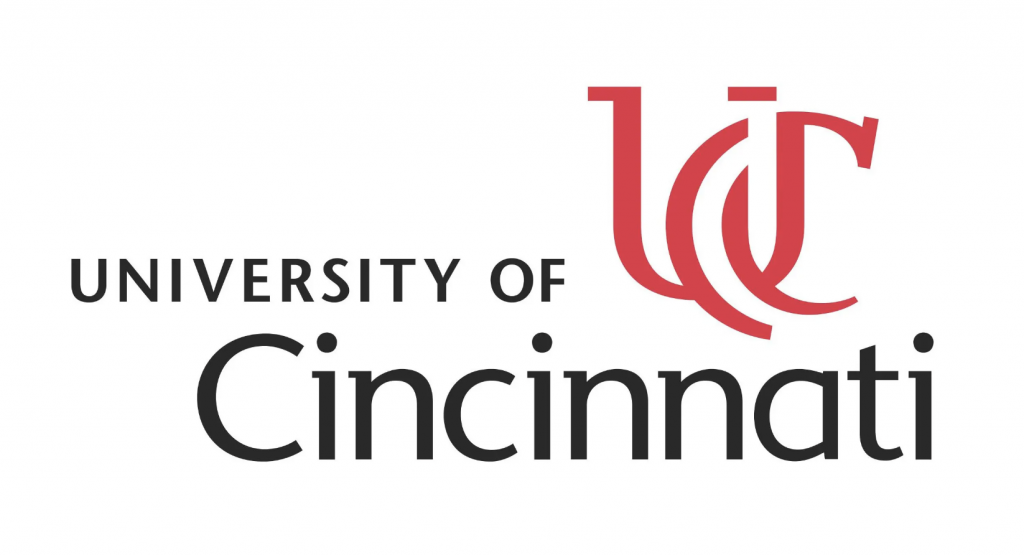
美国辛辛那提大学博士后职位招聘–血液学和肿瘤学系
Job Description
Post Doc Fellow, Division of Hematology and Oncology, College of Medicine
Founded in 1819, the University of Cincinnati ranks among the nation’s best urban public research universities. Home to more than 47,000 students, 10,500 faculty and staff and 330,000 alumni, UC combines a Top 35 research university with a physical setting The New York Times calls “the most ambitious campus design program in the country.”
With the launch of Next Lives Here, the Cincinnati Innovation District, a $100 million JobsOhio investment, eight straight years of record enrollment, worldwide leadership in cooperative education, a dynamic academic health center and entry into the Big 12 athletic conference, UC’s momentum has never been stronger. UC’s annual budget tops $1.6 billion and its endowment totals $1.9 billion.
Job Overview
As one of the oldest medical schools in the country, the University of Cincinnati College of Medicine (COM) has a reputation for training best-in-class health care professionals and developing cutting-edge procedures and research that improves the health and clinical care of patients. In partnership with the UC Health academic healthcare system and Cincinnati Children’s Hospital Medical Center, College of Medicine’s doctors are transforming the world of medicine every day. The Division of Hematology and Oncology is a top-tier department with world-renowned faculty and staff. With world-class research, teaching and medical practice opportunities, why not choose the University of Cincinnati College of Medicine?
Dr. Vladimir Bogdanov is recruiting a Post Doctoral Fellow to work in his lab focusing on alternatively spliced Tissue Factor (asTF) as a potential therapeutic target in gastrointestinal malignancies. Alternatively spliced Tissue Factor (asTF) is a soluble form of Tissue Factor (TF), the trigger of blood clotting. We were the first to report that asTF is elevated in the cancer lesions and circulating blood of patients suffering from pancreatic ductal adenocarcinoma, and hepatocellular carcinoma. Mechanistically, asTF protein acts as a cell agonist promoting growth and spread of malignant cells; our recently developed inhibitory antibody against asTF is currently being tested in animal models. Areas of interest include, but not limited to, the consequences of antibody-mediated inhibition of asTF on primary and metastatic tumor growth; the mechanisms regulating asTF biosynthesis in malignant cells; and the potential utility of asTF as a biomarker of disease aggressiveness and/or recurrence.
Essential Functions
• Learn to rapidly translate new discoveries into patient care.
• Provide formal and integrated instruction on the role of intellectual property protection in drug development in the context of a complex economy that is both market-based, and government-regulated.
• Provide comprehensive didactic and practical training in anti-cancer compound evaluation, with a primary focus how to conceptualize, design, manage, and successfully carry to completion a clinical trial involving a new therapeutic agent.
• Foster a collaborative structure that fosters creative and productive interactions between PhD scientists and MD-MD/PhD clinicians.
Minimum Requirements
MD, MD/PhD, PhD, ScD, or equivalent degree in medicine/biomedical sciences or a related field.
Additional Information
This fellowship position is supported by T32CA236764-01, Post-Graduate Hematology/Oncology Translational (PG-HOT) Training Program. PG-HOT’s objective is to train cancer-focused researchers to rapidly translate new discoveries into patient care. Up to 2 years of support is available; annual reappointment is contingent on adequate programmatic progress with at least 80% effort committed to a wet-lab research project.
If interested, please apply online at https://bit.ly/3OQOc15
As part of a complete job application you will be asked to include a Contribution to Diversity and Inclusion statement.
As a UC employee, and an employee of an Ohio public institution, if hired you will not contribute to the federal Social Security system, other than contributions to Medicare. Instead, UC employees have the option to contribute to a state retirement plan (OPERS, STRS) or an alternative retirement plan (ARP).
The University of Cincinnati is an Affirmative Action / Equal Opportunity Employer / Minority / Female / Disability / Veteran.













